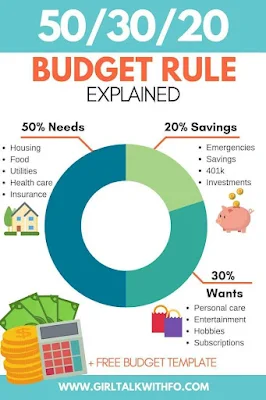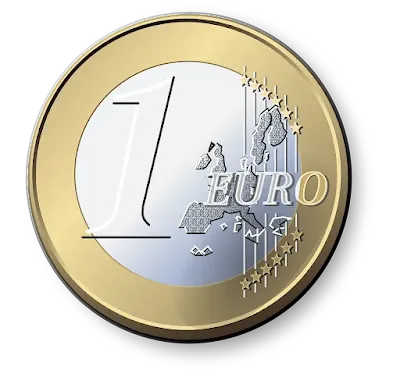 |
| Photo by Olichel on Pixabay |
The World Bank has recently updated its economic outlook for the Philippines, raising the growth forecast for 2023 to 6 percent. This move comes amid a changing global landscape and the country's robust economic performance in the first three quarters of 2022. In this article, we'll delve into the factors contributing to this revised outlook, the challenges the Philippines faces in sustaining its growth momentum, and the recommendations made by the World Bank to ensure continued economic progress.
Overview of the Philippine Economy
The Philippine economy has shown remarkable resilience in recent years, bouncing back from the adverse effects of the COVID-19 pandemic. The country is on track to meet its 6.5%-7.5% growth target for 2022, with economic output averaging 7.7% in the nine months to September. This strong performance can be attributed to the government's decision to lift nearly all COVID-19 restrictions and allow more business activities to resume.
However, the World Bank expects the pace of expansion to slow down in 2023, with growth forecasted at 6 percent. This is due to a combination of factors, including soaring inflation, higher interest rates, and reduced consumer demand.
Inflation and Interest Rates
The Philippines, like many other countries, is grappling with inflation, which surged to a 14-year high in November. This increase in inflation has put pressure on the country's central bank to tighten monetary policy. The World Bank's outlook for 2023 is premised on high inflation and interest rates, which are expected to temper household spending and investments.
Reduced Consumer Demand
Another factor contributing to the slower growth forecast for 2023 is reduced consumer demand. The World Bank believes that the combination of high inflation and interest rates will result in decreased household spending and investments. This, in turn, will impact the overall growth of the Philippine economy.
Regional Economic Performance
The revised growth outlook for the Philippines reflects the general trend among large developing economies in East Asia and the Pacific. According to the World Bank, while economic performance across the region is robust, it could be held back this year by slowing global growth, elevated commodity prices, and tightening financial conditions in response to persistent inflation.
Nevertheless, growth across the region is forecasted to accelerate to 5.1 percent in 2023, up from 3.5 percent in 2022, thanks to the reopening and rebound of China's economy. Among the larger economies in the region, most—including Indonesia, the Philippines, and Vietnam—are anticipated to grow more modestly in 2023 than in 2022.
Navigating a Changed Global Landscape
Manuela Ferro, World Bank Vice President for East Asia and the Pacific region, highlighted the current challenges faced by major economies in the area. She said, "Most major economies of East Asia and the Pacific have come through the difficulties of the pandemic but must now navigate a changed global landscape."
Ferro emphasized the need for these economies to adapt to the new financial environment and overcome the hurdles posed by inflation, supply chain disruptions, and other global factors.
Recommendations from the World Bank
To safeguard growth and mitigate the impact of high inflation, the World Bank has offered several recommendations for the Philippines. These include:
Maintaining Fiscal Discipline
It is crucial for the country to maintain a sound fiscal position in order to ensure economic stability and growth. The government should continue to prioritize fiscal discipline and responsible spending, especially during uncertain economic times.
Investing in Health, Education, and Agriculture
The World Bank also recommends continued investment in health, education, and agriculture sectors to boost productivity. These areas are essential for the long-term development of the country and will contribute significantly to the nation's overall economic growth.
Addressing Supply Chain Challenges
In light of the ongoing global supply chain disruptions, the Philippines should take steps to address these challenges and ensure the smooth flow of goods and services within the country. This may involve investing in infrastructure, streamlining processes, and enhancing cooperation with regional partners.
Conclusion
In conclusion, the World Bank's revised growth outlook for the Philippines in 2023 is a testament to the country's robust economic performance. While challenges such as inflation, interest rates, and reduced consumer demand may contribute to a slower growth rate, the government's commitment to fiscal discipline, investment in key sectors, and addressing supply chain issues can help the Philippines navigate the changing global landscape and sustain its economic momentum.
By implementing the recommendations put forth by the World Bank, the Philippines can continue on its path towards economic growth and prosperity, ensuring a brighter future for its citizens.












